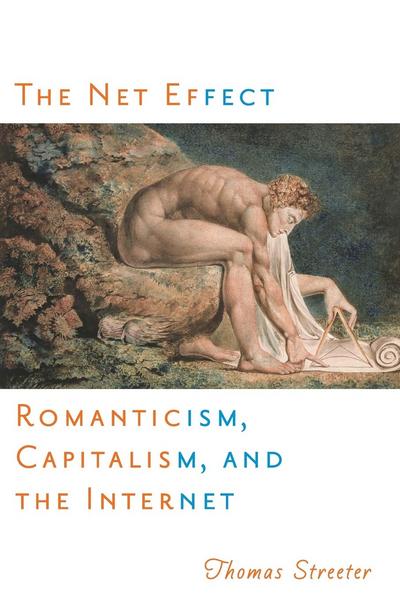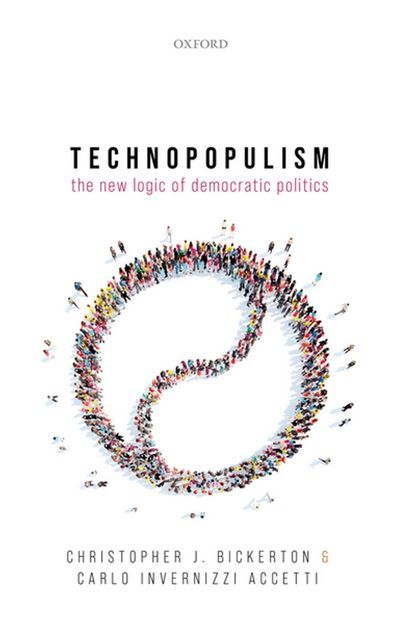[Do check out our extensive bibliographies for more readings.]
There are quite a few overlapping themes here: utopianism, romanticism, populism, enchantment. All of them are key to understanding how seemingly apolitical and technocratic solutions could generate such fervor among its proponents.
The absolute classic in this field, of course, is Fred Turner's From Counterculture to Cyberculture. There are, of course, many other interesting texts that look at the imagery and promises of technological utopias that predate the Web (from Joseph Corn to John Tresch to Howard Segal). Tomhas Streeter's work on romanticism, capitalism and the eary digital culture is also quite relevant – so is his 2012 interview (see also Mark Coeckelberg's work on the new romantic cyborgs).

Back in the mid-1990s, there were some interesting articles pointing to the emergence of "techno-populism" around notions such as the "information society." Today, this term is mostly used to refer to the use and propaganda of technology various populist parties. A more recent contribution to this conceptual vocabulary is the concept of "techno-sovereignism." Two recent books continue mining the "techno-populist" territory, without, however, looking much beyond the world of political parties, whose limits in Southern Europe and elsewhere where already exposed back in 1995 when discussing steam‐engines.

The definitive article on the "techno-populism" of crypto communities still remains to be written. Christina Dunbar-Hester's excellent book on the emancipatory promises of low-power FM radio - and the actions taken by communities around it to realise it - might be the model to follow.

